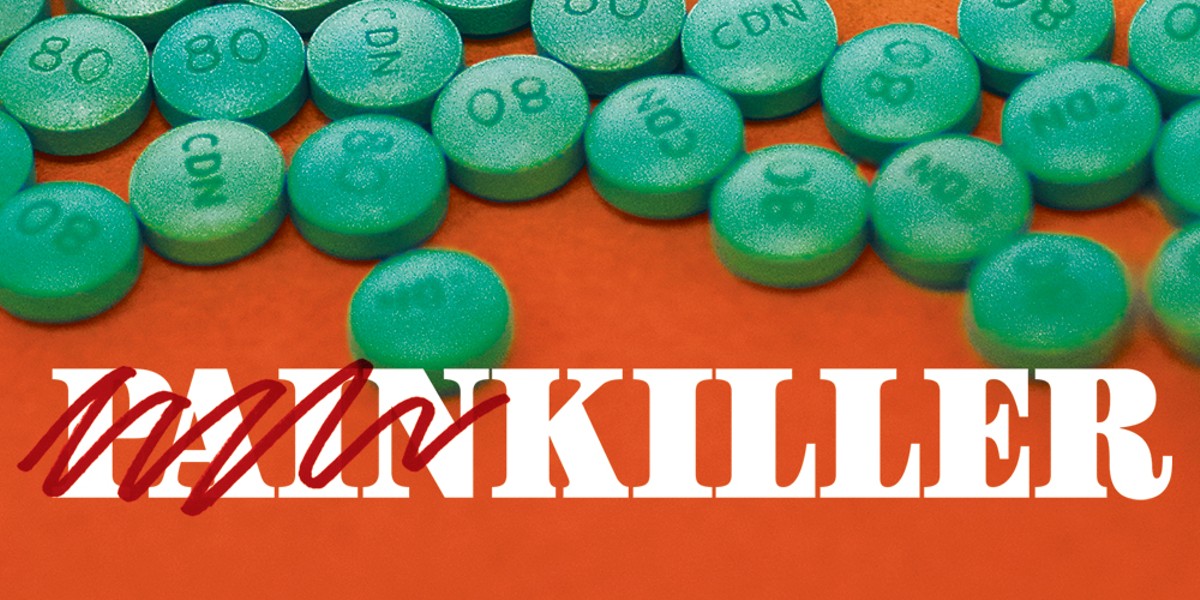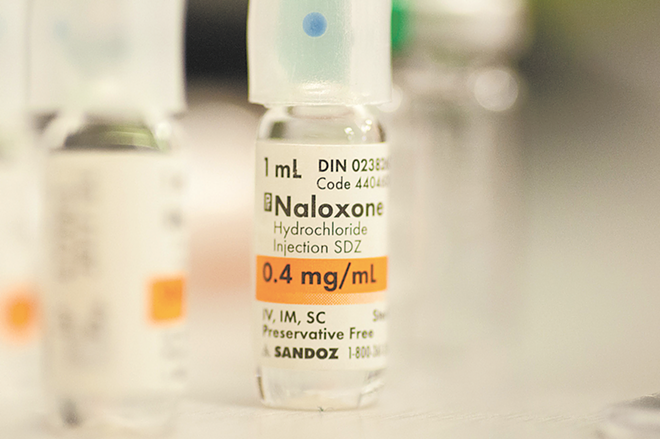So far, state lawmakers' biggest accomplishment this year has been signing tough mandatory minimum prison sentences for people caught with fentanyl or carfentanil. The bill Scott signed last June forces judges to sentence people possessing 4 grams of fentanyl to three years in prison; 14 grams to 15 years in prison; and 28 grams to 25 years in prison. While the law is meant to punish traffickers, critics say mandatory minimums have failed in the past to reduce drug abuse in Florida and would likely lead to locking up low-level drug addicts – the very people the state says it's trying to help.
Despite the fact that thousands have died because of opioids, Florida has invested little in the epidemic and consistently ranks last among the states in terms of spending on mental health and substance abuse per person. Although the U.S. Department of Health and Human Services is providing the state $54 million over two years for medication-assisted treatment and counseling for indigent and uninsured people with opiate addictions, the Miami Herald reports state lawmakers budgeted a mere $10.5 million this year on opioid-blocking medications, which will mostly be used by state prisoners. Advocates have not specified the amount of money needed to curb deaths, but for some context, the New York Times reports Ohio spent $1 billion last year to address its epidemic, and in April, New York Gov. Andrew Cuomo committed more than $200 million to fighting opioids. Florida is also set to lose a $20.4 million federal grant for mental illness and substance abuse treatment, according to the Sun-Sentinel.
Orange County officials have pursued innovative methods to stem the tide of heroin and fentanyl overdoses, but if Florida lawmakers can't commit to funding treatment and prevention resources to help drug addicts, the skyrocketing trend of opioid deaths will continue on an unrelenting path.
Scrolling through Facebook, Stephanie Muzzy says she gets angry when she sees friends on her timeline calling drug addiction a "choice."
"It's classified as a disease, which is why health insurance pays for it," she says. "I didn't choose to steal from Kohl's and get arrested. Something in my brain makes me obsess and crave for it, makes me think, 'I'm going to steal all of my mom's jewelry today.' It's something pushing me to do horrible things just so I can get drugs in my body. I love my mom so much, but I know I've hurt her more than anybody in the world, because part of me is compromised."
When she tried to detox herself cold turkey last year, Muzzy had withdrawal symptoms that felt like having the flu, but 10 times worse. She was dripping sweat but freezing cold. For a week, she stayed in bed without showering, eating or sleeping. Muzzy was able to get up eventually, but the anxiety and insomnia stuck with her.
Finally, the 30-year-old decided to leave the destructive culture she was surrounded by in Florida for good and moved to Las Vegas again for treatment at Solutions Recovery. She's been sober since March 6 and has a new apartment, roommates and a job.
"Getting everything back is the best feeling," she says. "Losing it is horrible. I don't want to go through that again."
Muzzy realizes she's lucky to be here – she's already had at least 60 of her friends die after overdosing.
"I'm about to be 31 years old," she says. "I want to have a family, get married, have kids, go back to school, get my associate's degree. I want to do something where I can increase awareness for people and help them through what I've been through. The thing I would really want people to know is that if you are a drug addict, it's OK to ask for help. I was too ashamed and I didn't know other people were going through the same thing. But my mom never gave up on me. If she had, I would probably be dead."




















